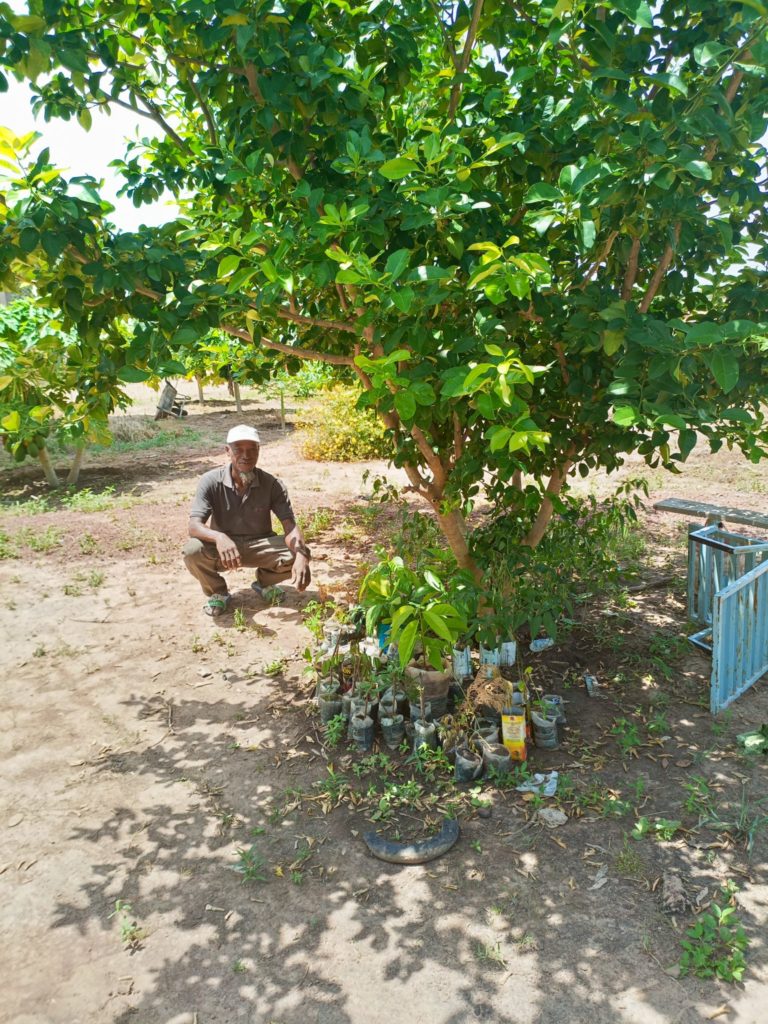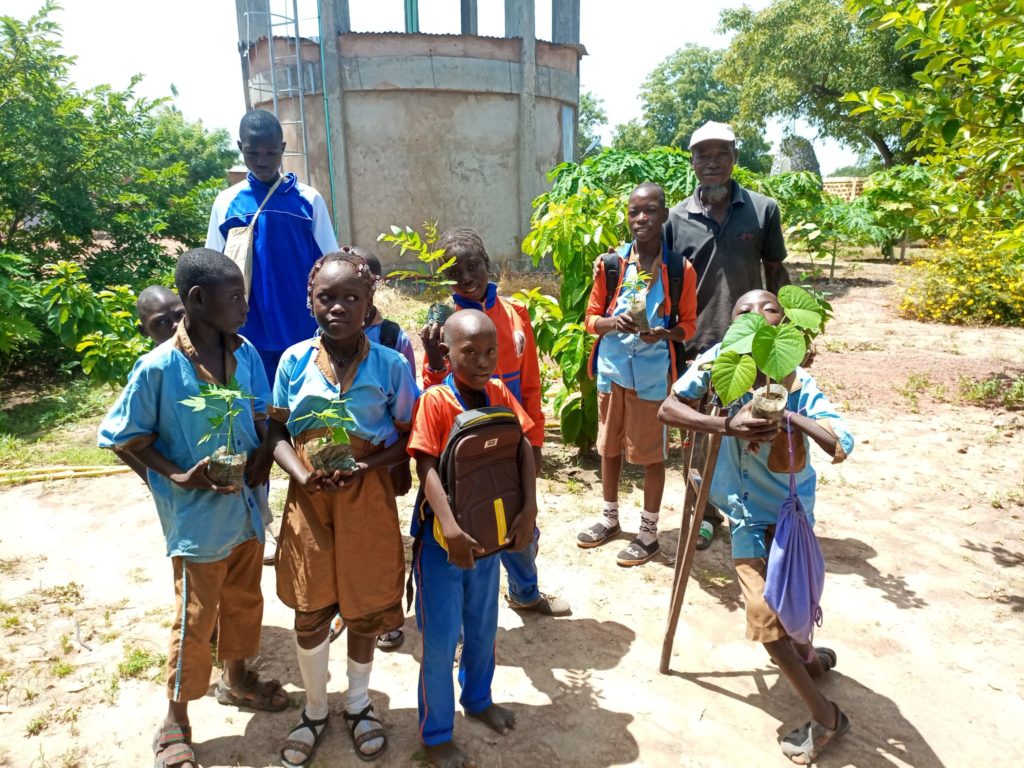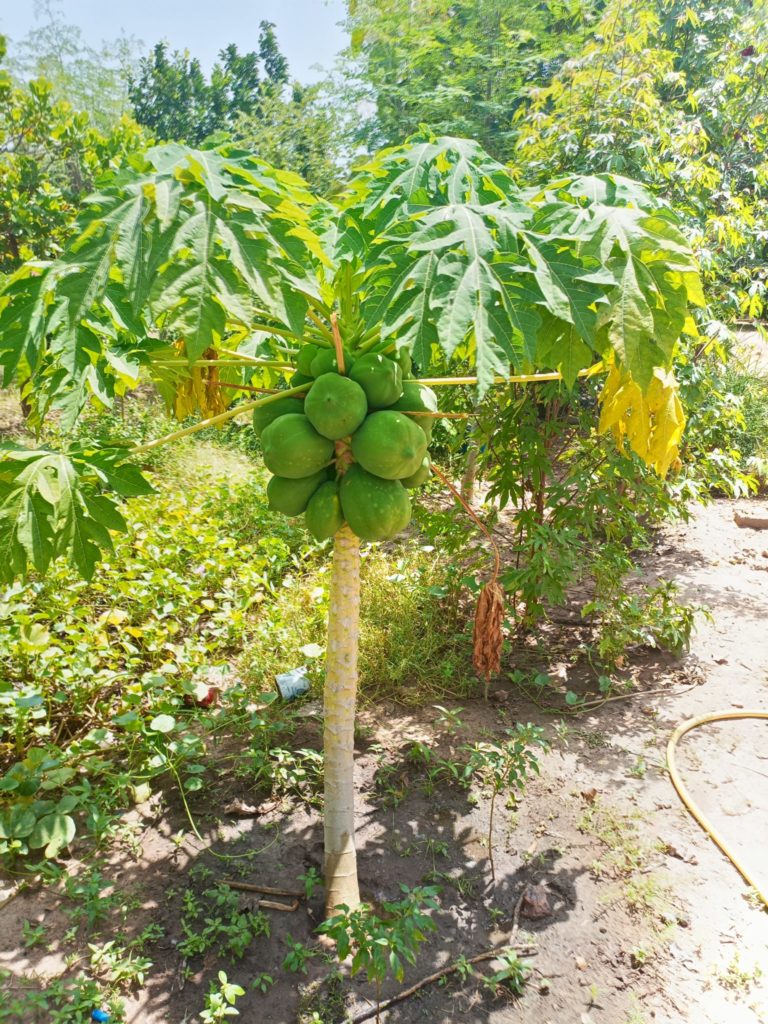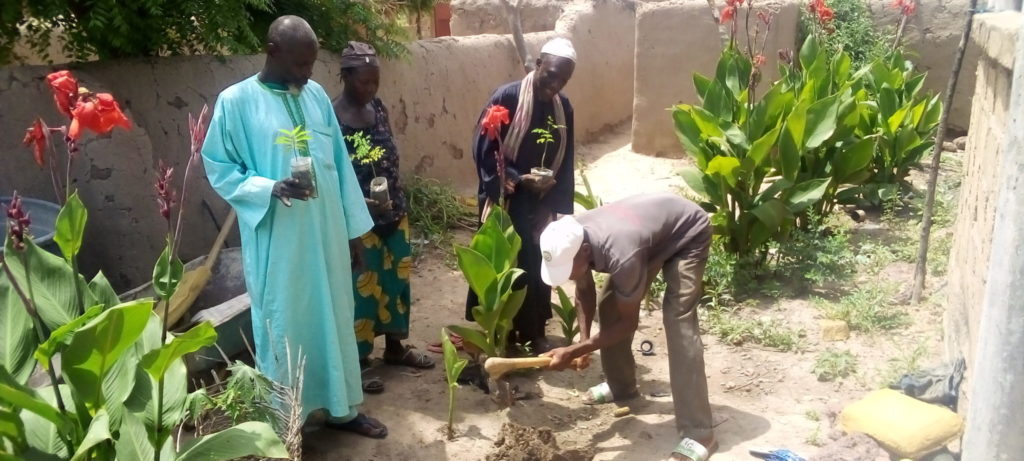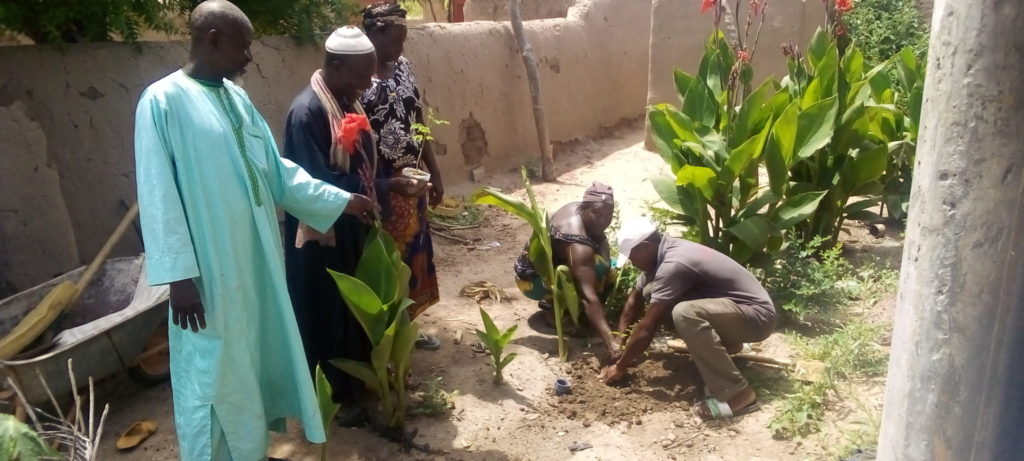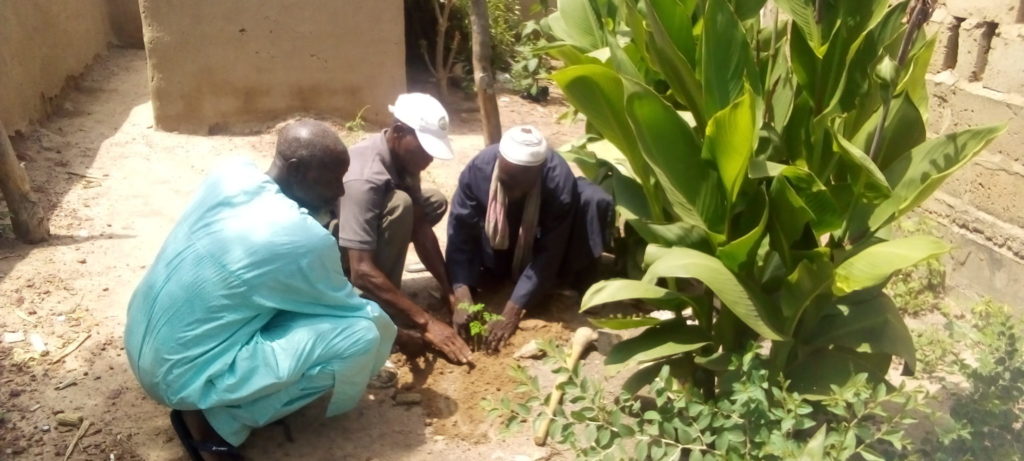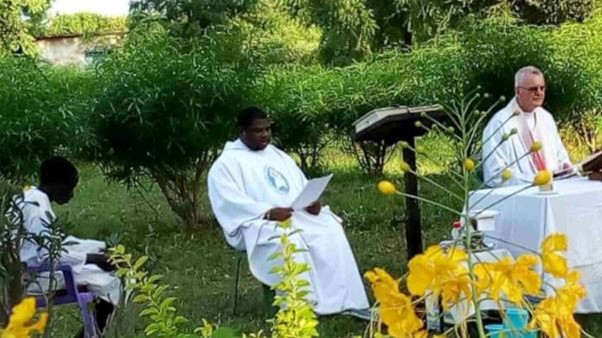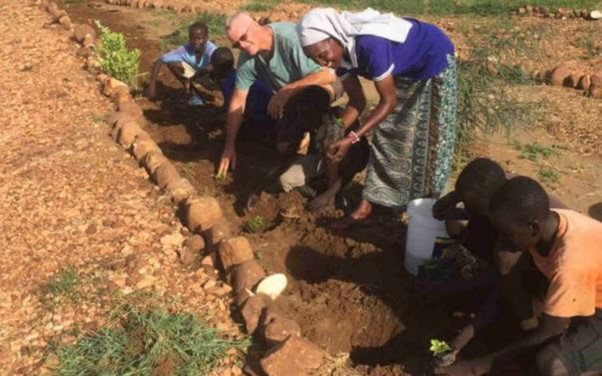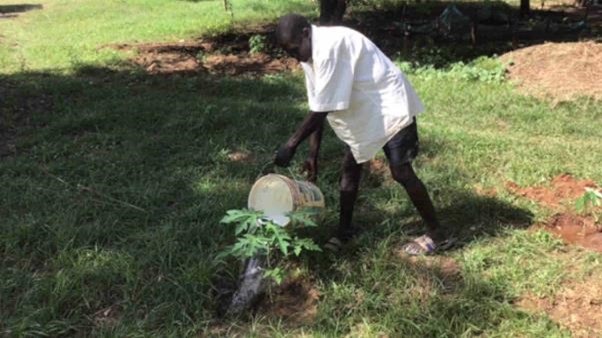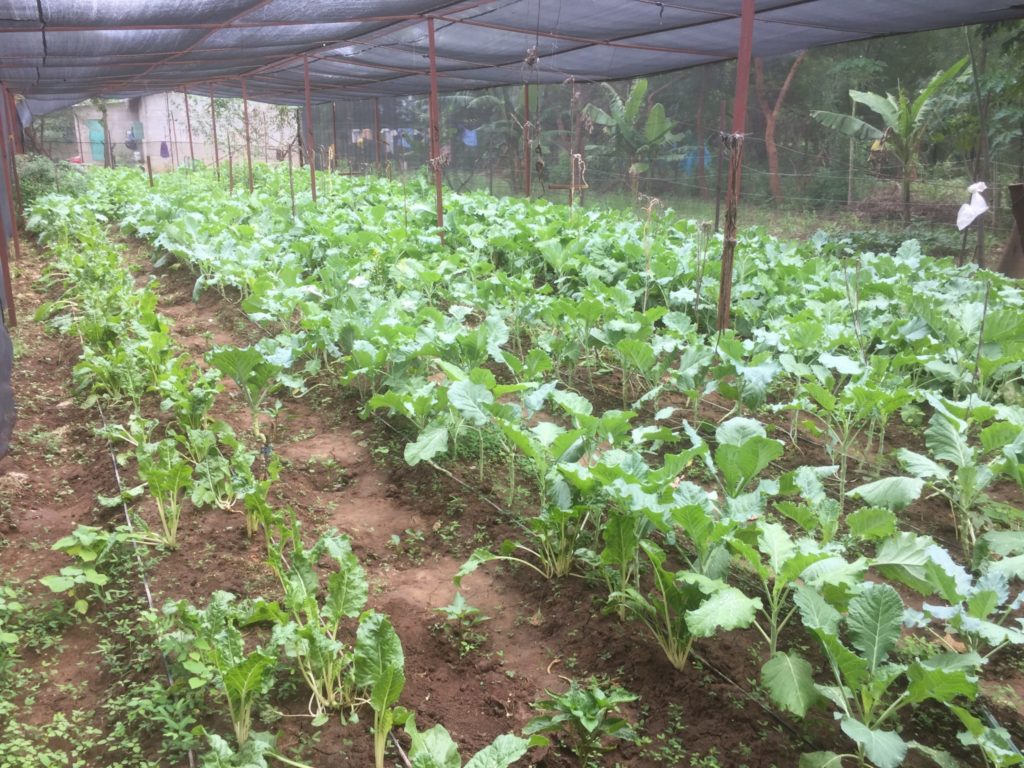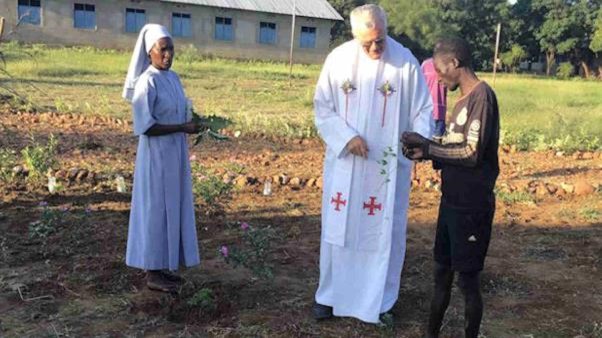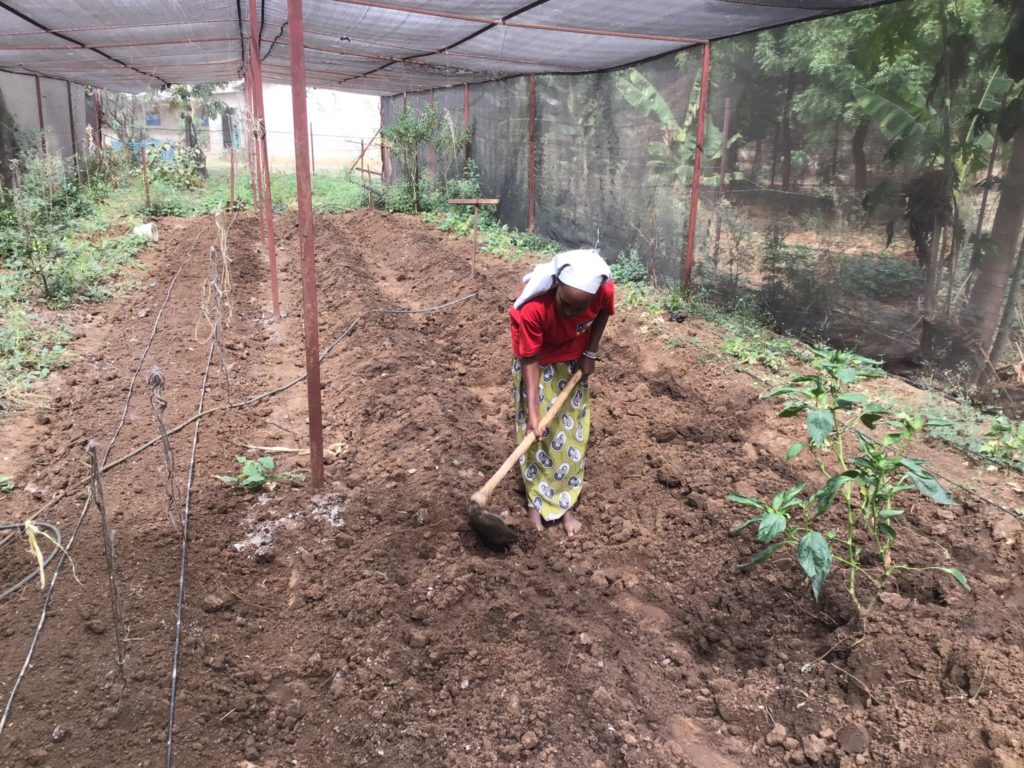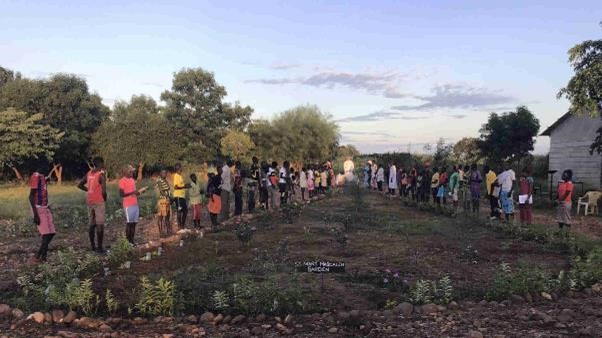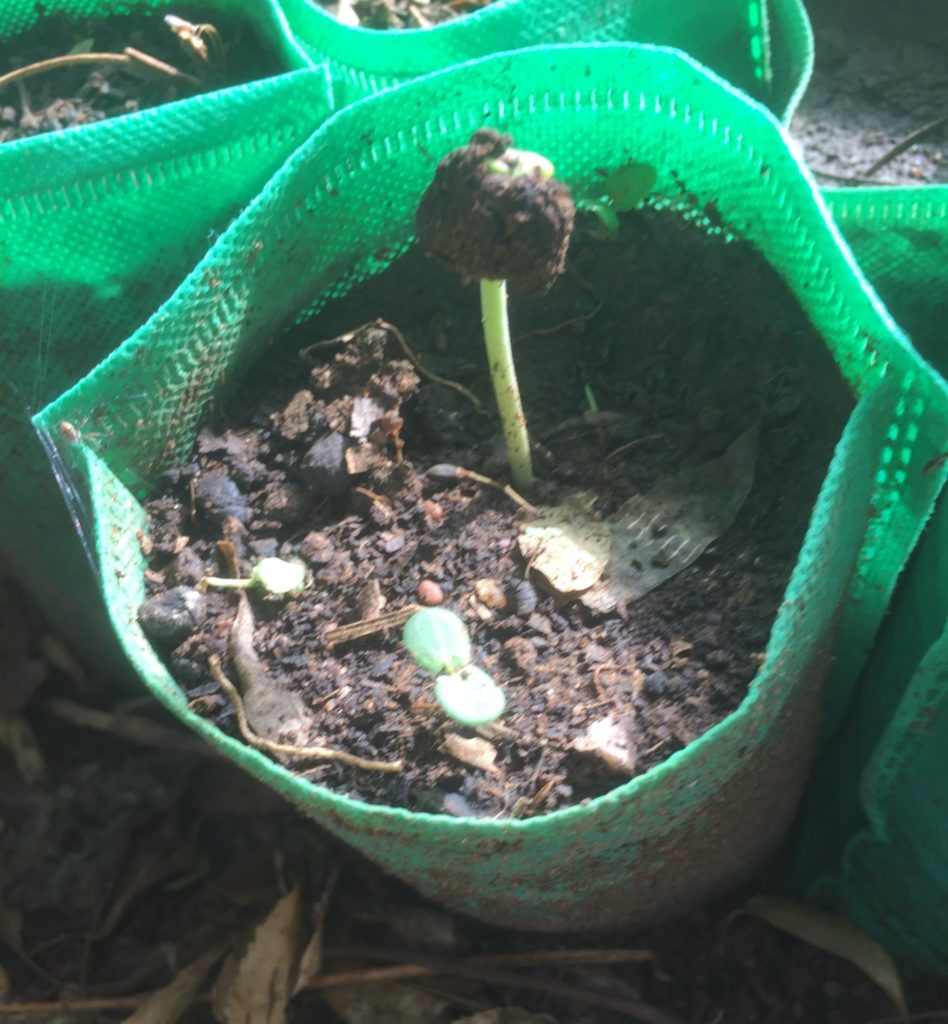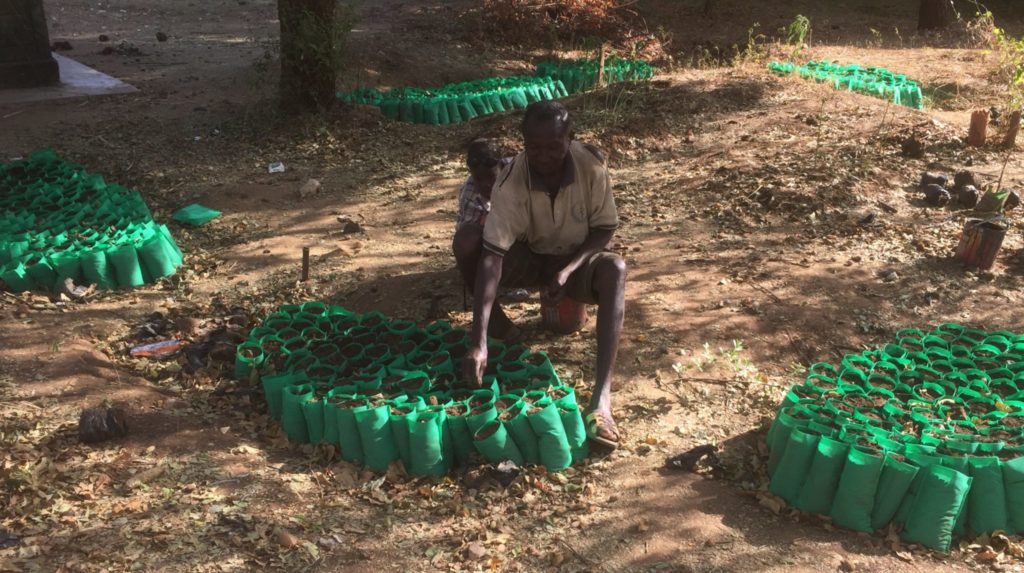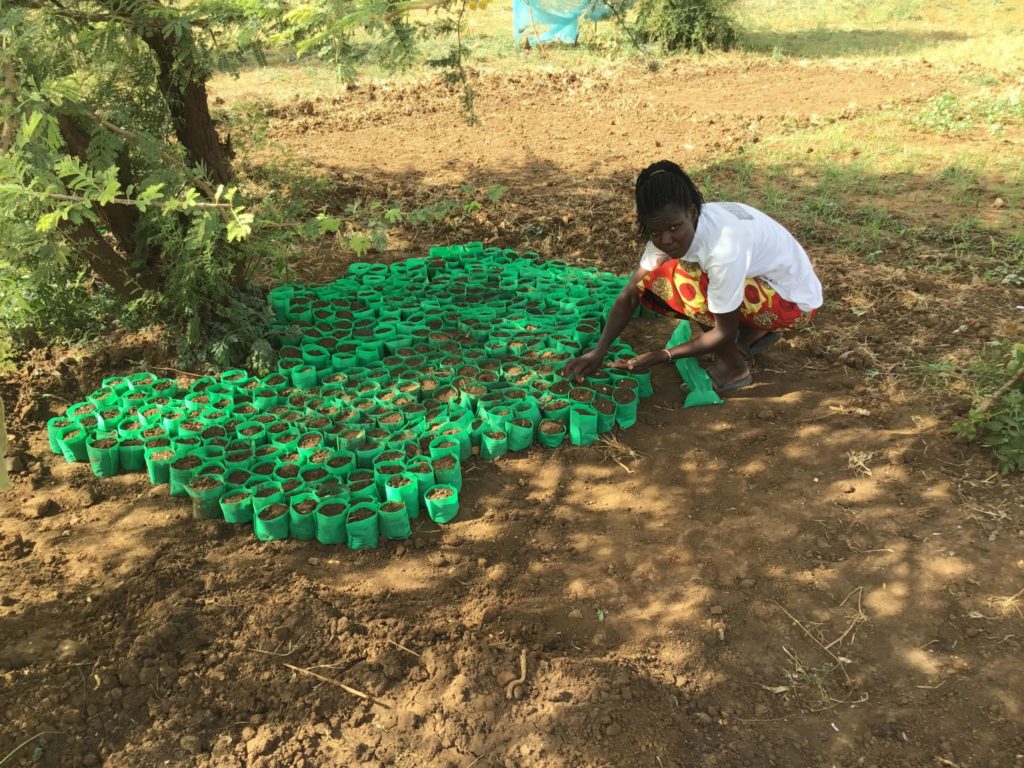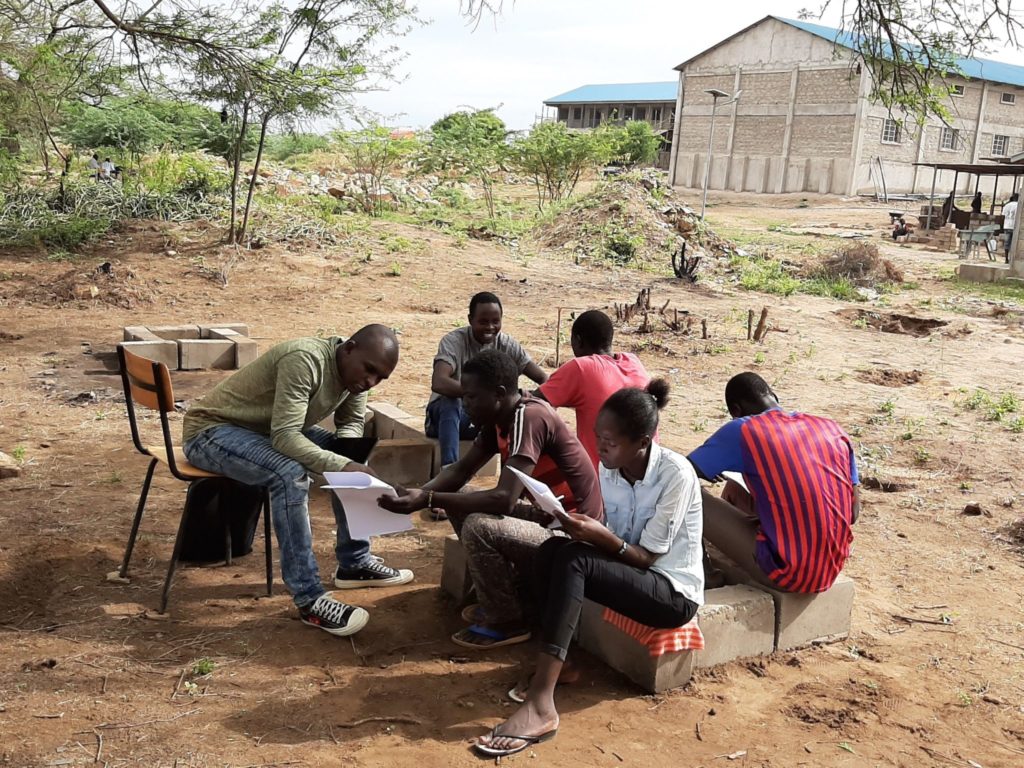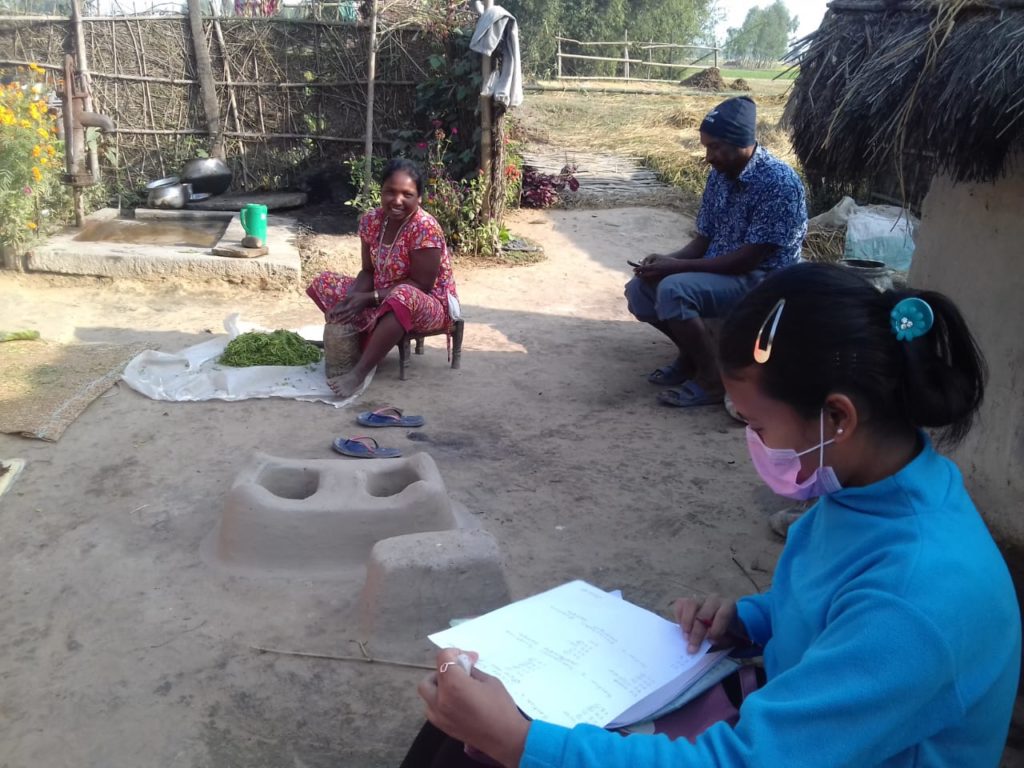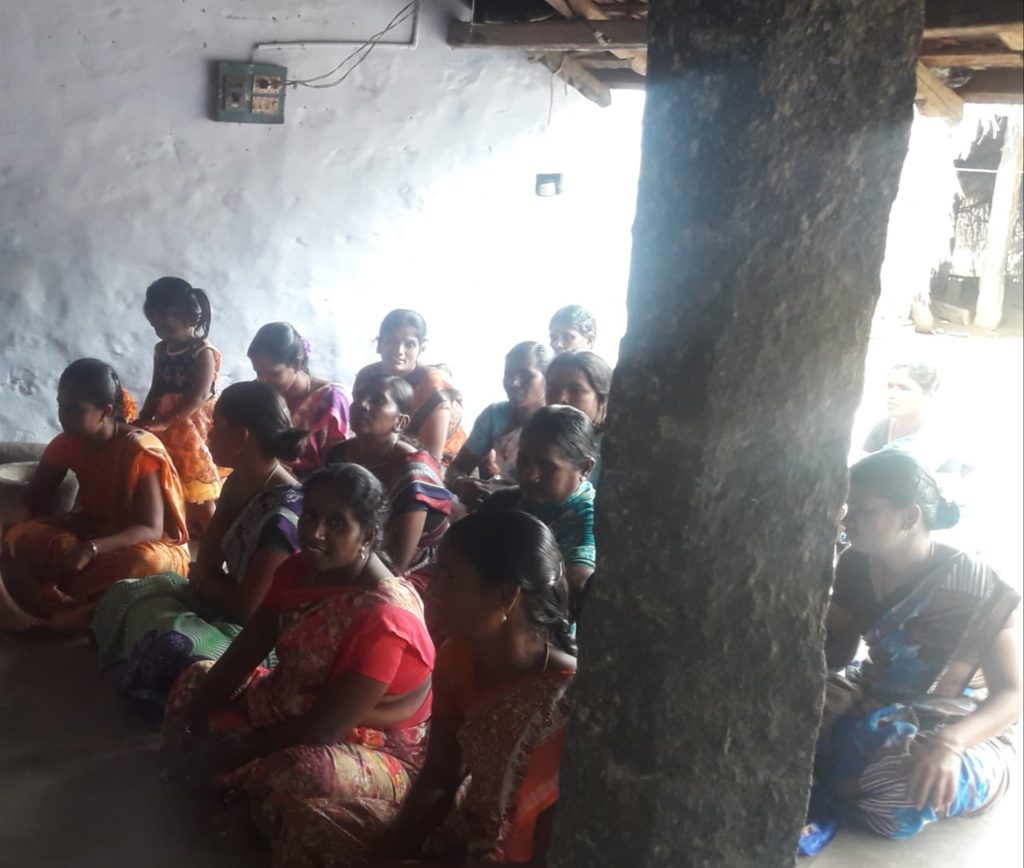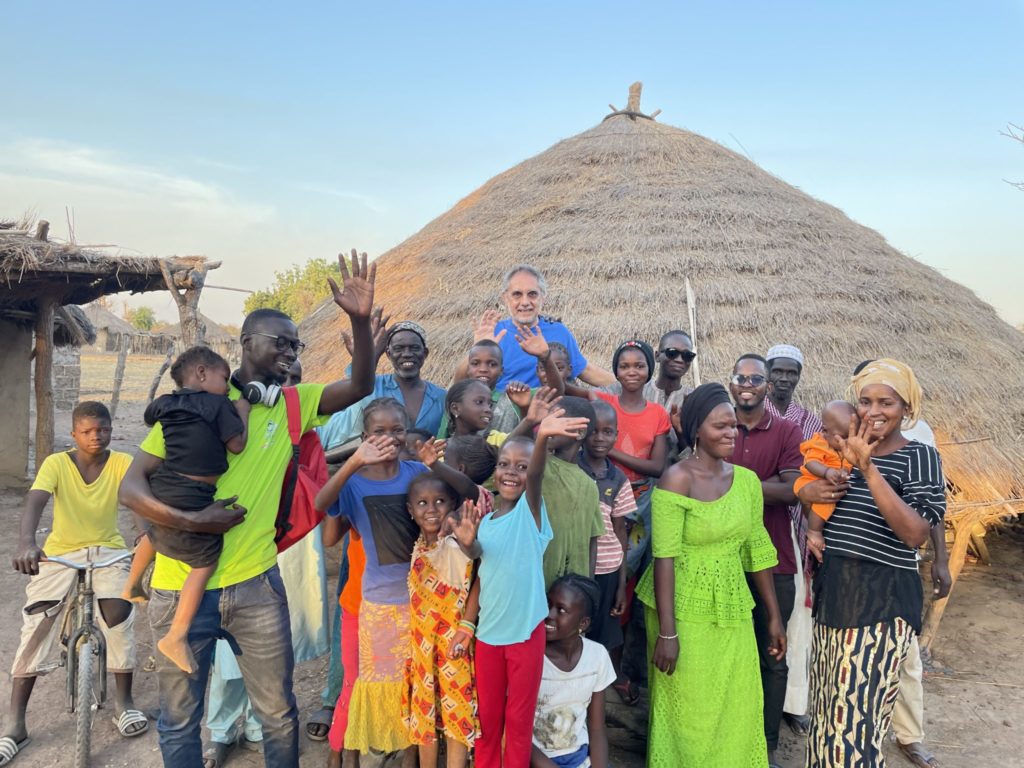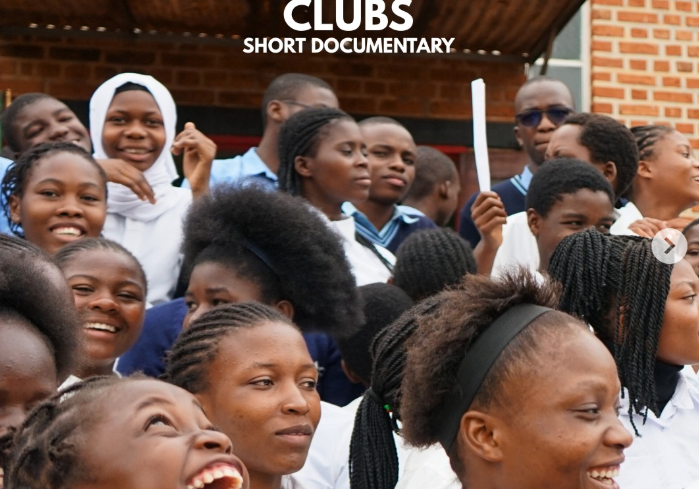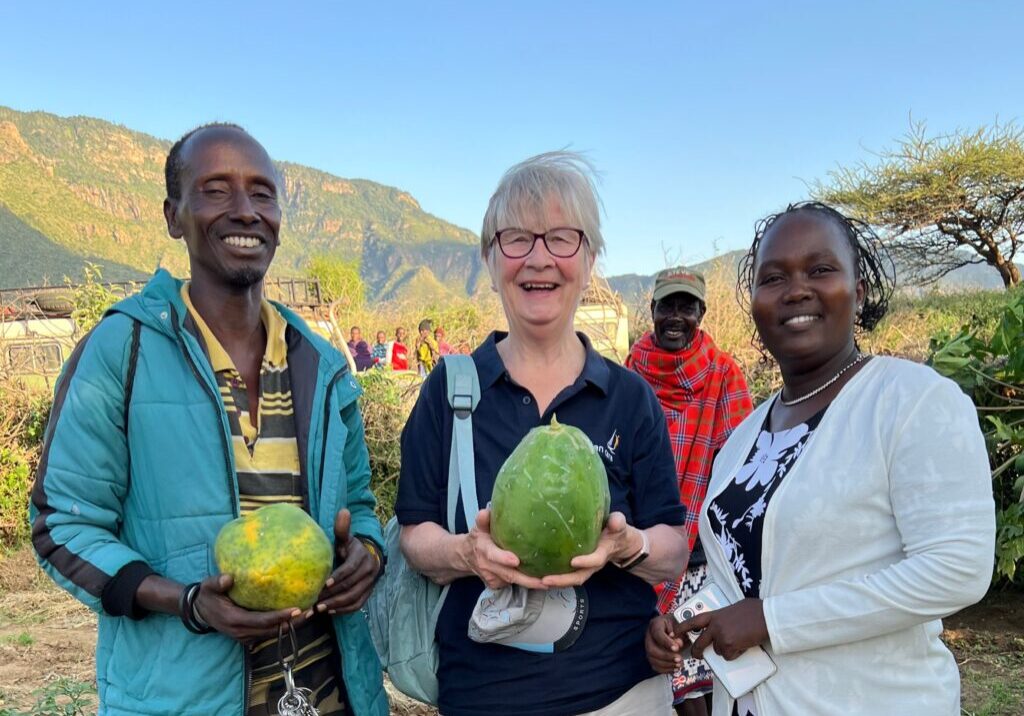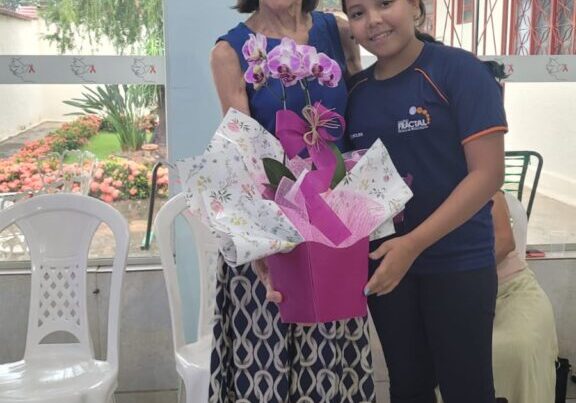After last year’s successful launch of the Misean Cara Climate Action Awards, the programme has continued in 2021 with three awards given to highlight individuals and projects by members that are showing innovation and commitment to counteracting the affects and impact of climate change on communities in the developing world.

In 2015 Pope Francis published his encyclical Laudato Si’, urging ‘Care for our Common Home’ through action aimed at reducing the effects of climate change. Misean Cara is dedicated to reducing its energy consumption and greenhouse gas emissions not only as an organisation based in Ireland, but also by encouraging sustainable development activities by our members in the field. The Climate Action Awards bring recognition to those efforts.
This year’s Climate Action Awards announcement, on November 18th, comes just one week after the conclusion of the COP26 Climate Summit, at which world leaders came together to discuss individual and coordinated global approaches to stemming carbon output in an accelerated attempt to slow the rate of global warming. Particular attention was sought by leaders of developing countries, who stressed the dire and disproportionate impact of climate change on the people and communities in the very countries least responsible for causing global warming.
Speaking in response to the recent COP26 and how it focused the world’s attention on the urgency of the climate crisis, Misean Cara Board member Larry O’Loughlin, also part of the Climate Awards selection committee, commented “I really do think we’ve turned the corner in terms of our attitude and our awareness of climate change. I think it’s very significant that at long last climate change is becoming a very central topic. Misean Cara is committed to supporting member projects that are climate friendly and empower people in a sustainable manner. That’s what these awards are all about, to recognise and highlight projects and individuals working to address climate change and biodiversity loss across the developing world.”
Individual Climate Action Award: Mr. Lucien Diarra, St. Louise Inclusive School Nouna, Burkina Faso (Daughters of Charity of Saint Vincent de Paul)
An Individual Award was given to Mr. Lucien Diarra, gardener and groundskeeper at the St. Louise Inclusive School (for disabled and non-disabled children) in Nouna, Burkina Faso, a project of the Daughters of Charity of St. Vincent de Paul. The school, located in region with a rainy season of just three months a year, opened in 2017 with almost no trees or plantings on the grounds, resulting in significant dust within and outside the school buildings, and very little shade to cool the compound. With the help of the school’s 150 students as well as teachers, who have all been taught gardening and plant care, Lucien has transformed the school environment by growing and planting a significant number of trees, as well as planting kitchen gardens to generate vegetables for school meals. The trees are cultivated year-round in the nursery and are planted or sold during the short rainy season. As a result of Lucien’s dedication and ingenuity, there is now a microclimate within the school grounds, making it an oasis producing fruit crops and shade and helping to keep the dust at bay. He has conducted outreach to members of the surrounding community of ten villages, each with an average 5000 inhabitants, who have been taught how to plant and care for young trees on their own property, thereby extending the microclimate benefits to a much larger population. As put by Sr. Toyin Abegunde of the Daughters of Charity “We wish to nominate Lucian Diarra for his resilience in promoting climate change and encouraging others to do so in a difficult climate zone.”
Individual Climate Action Award: Fr. Tim Galvin, Saint Patrick’s Missionary Society, Riwoto, South Sudan
Also winning in the Individual category is Fr. Tim Galvin of the Saint Patrick’s Missionary Society, for his work with the St. Mary Magdalen Parish in Riwoto, South Sudan. In July of 2020, Fr. Tim participated in an online course organised by the Global Catholic Climate Movement (now known as the Laudato Si’ Movement) and earned credentials to be a Laudato Si’ Animator (a local leader who strives to live Laudato Si’ in their own life while inspiring and motivating others in their communities to bring Laudato Si’ to life as well). “We have a problem and Laudato Si’ is the blueprint [to combat climate change]”, says Fr. Tim. Along with members of his parish community in Riwoto, Fr. Tim is mitigating the effects of climate change by planting trees for shade and fruit and by setting up the St. Mary Magdalen Garden at the parish primary school, which also provides vegetables for the school. Every plant and tree they grow sequesters carbon and reduces the level of greenhouse gas emissions, while the trees also help combat desertification and at the same time help prevent erosion from flooding during the rainy season. Flowers are also being plated to attract bees and butterflies, which promote biodiversity in the area. The school also plants many medicinal plants, used to benefit the community.
Project-based Climate Action Award: “Research and analysis of the Addis Ababa Action Agenda on Climate” (Salesian Missions of Ireland/Don Bosco Aid)
The final award was given to a project by the Salesian Missions of Ireland/Don Bosco Aid. Entitled “Research and analysis of the Addis Ababa Action Agenda on Climate”, the project used a grassroots community-based survey distributed to citizens in communities in seven countries: India, Nepal the Philippines, Mexico, Haiti, Kenya and Senegal to gather data on the efficacy of the Action Agenda. NGO field partners collected data in the field, resulting in research on the varying degrees to which the Addis Ababa agreement has been implemented in developing countries around the world.
The Addis Ababa Action Agenda was set up in 2015 to establish a strong foundation to support the implementation of the 2030 Agenda for Sustainable Development. It provides a new global framework for financing sustainable development by aligning all financing flows and policies with economic, social and environmental priorities.
The research findings were presented at the 2021 UN Economic and Social Council (ECOSOC) Forum on Financing for Development and were used to call on UN leaders to implement measures of support to better protect the planet and its most vulnerable people. The project was deemed significant by the Climate Action Awards committee as an excellent example of cooperation on the part of researchers (from the University of Notre Dame in the U.S.), international and faith-based NGOs and local partners in the seven countries, to bring the needs, input and concerns of those on the front lines of climate change directly to UN decision makers.
